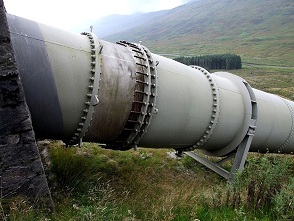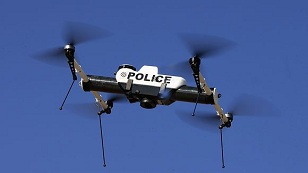Financial Oligarch Power Raping Greece

Greece's working class faces neoserfdom. They have a simple choice - leave or rebel.
On February 12, Greece's banker controlled parliament passed sweeping austerity measures on top of multiple previous rounds. New ones include:
• sacking 15,000 public workers in 2012 and 150,000 by 2015;
• slashing private sector wages by 20%;
• lowering monthly minimum wages from 750 to 600 euros;
• cutting fast disappearing monthly unemployment benefits from 460 to 360 euros; and
• reducing pensions many Greeks need to survive by 15%.
At issue is securing another 130 billion euro bailout. The more financial aid Greece gets, the greater its debt, the harder it is to repay, the more future aid's needed, and deeper the country's economic abyss heading for total collapse.
No matter. Troika power kleptocrats demanded deep cuts - the IMF, EU and European Central Bank (ECB). Money power dictates bankers get paid first. People needs are sacrificed to assure it.



























